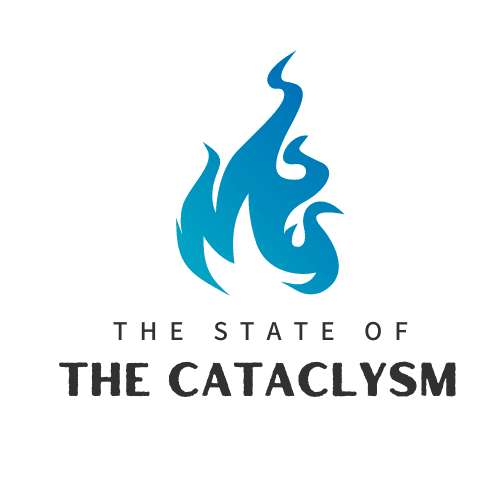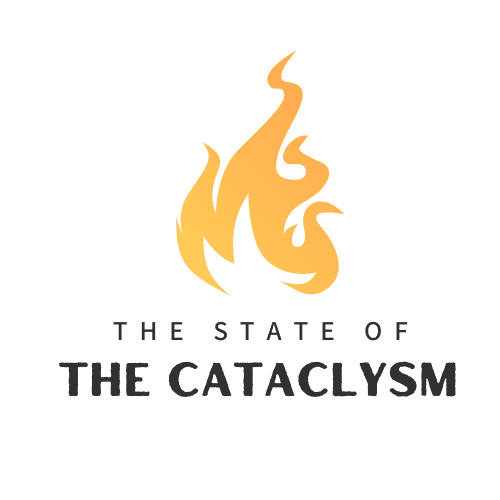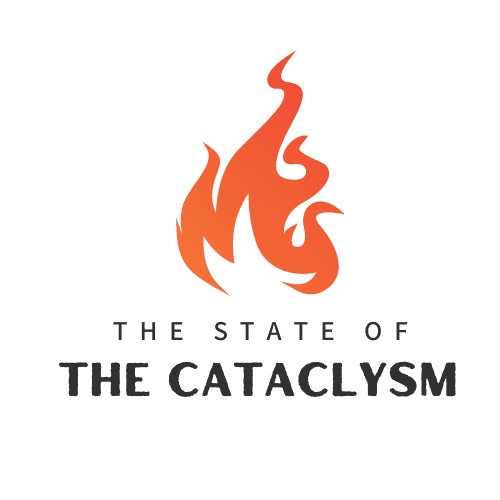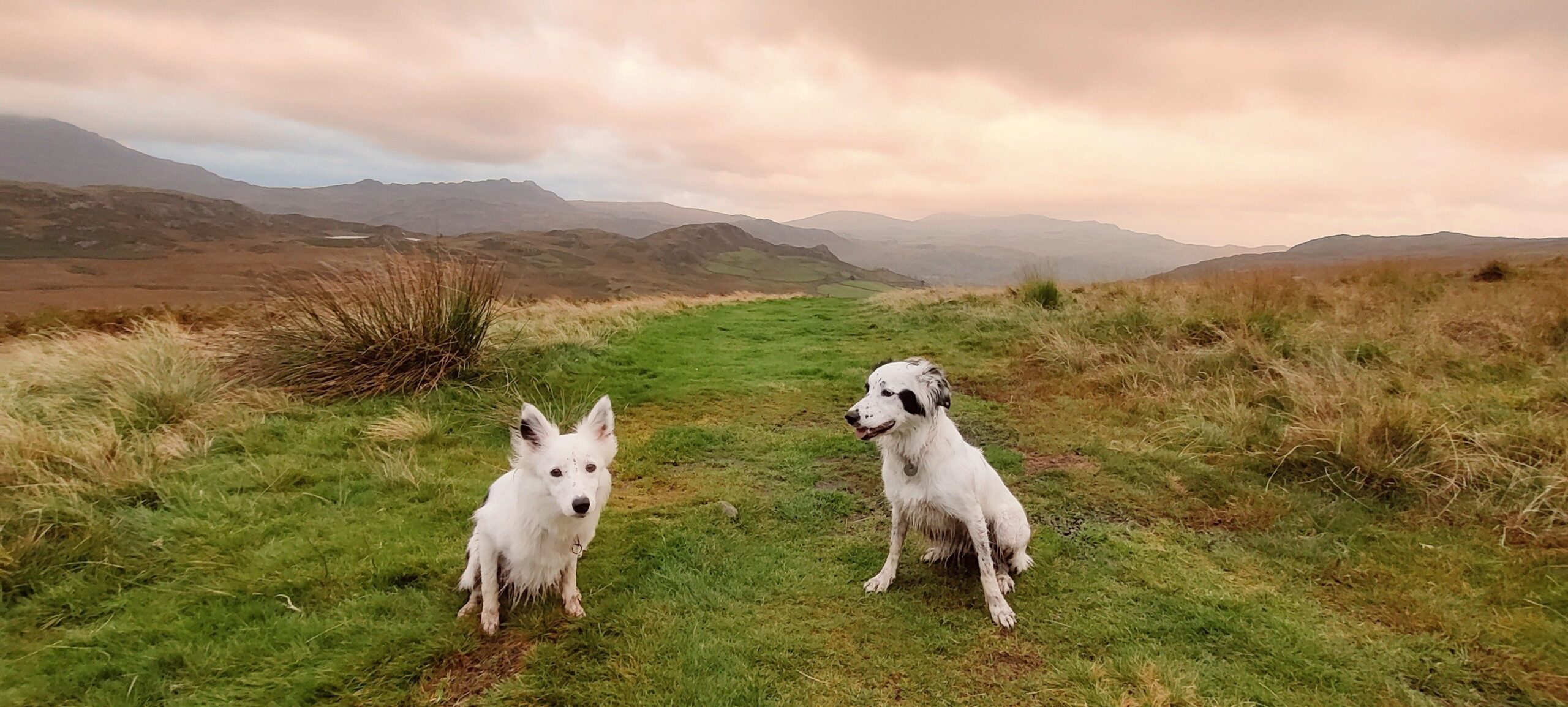
/
RSS Feed
Welcome to Episode 19 of ‘What Is Roleplay?!
This episode we are joined by Dave Semark and Matthew Tyler-Jones to discuss Social Conflict
- Dave & Matthew tell us about how the embarked on their journey into podcasting, inspired by the Free League game Coriolis and how that lead to them building a relationship with Free League and becoming freelance designers, not only working with Free League but also with Modiphius, Monolith, Firelock and other games publishers.
- CM Lowry asks the question: What is Social Conflict?
- Matthew makes the point that most systems don’t have rules for social conflict. Dice are used for pretty much everything else, but social conflict is dealt via conversations between the players and GM.
- Matthew states that social conflict is at the very heart of all roleplay aspects of gaming, the parts where you are playing your characters as opposed to rolling dice.
- CM Lowry makes the point that having the ability to win or lose at conversation can be quite daunting for players, especially those who find it hard to express themselves, debate or converse at length
- Friendships were made and lost around the table, because players took it personally when their character lost an argument.
- Dave makes the point that the player / player character dynamic is a strange thing and it’s important to be able to, as a person, disconnect ourselves from our characters so that we don’t get to hot under the collar.
- CM Lowry and Dave discuss the different approaches to social conflict: You could take a stats heavy approach, using things like Charisma stats to figure out which character would win an argument or a more dramatic approach, in which you can use accents and props to literally act out the discussion.
- Matthew stated that it’s very important that no-one feels uncomfortable during a roleplaying game. Players should not be made to feel strong armed into a decision they’re not comfortable with.
- Most modern systems find a nice balance between stats and roleplaying, giving players figures to work with that enable them to then act out their discussions and letting them choose which approach they prefer.
- CM Lowry asks ‘what is the most mechanical way that we can deal with social conflict’
- Matthew highlights some games that do this well – games that aren’t just about running into a cave and hitting a dragon over the head!
- Powered By The Apocalypse (PBtA) is a system that deals really well with the mechanics of social conflict, which uses ‘Moves’ instead of stats. One PBtA game that does this well is called The Warren in which you play a rabbit and so physical conflict is pretty much out the window because you’re a rabbit and you would lose! Instead this game has lots of Moves that allow you to persuade the other Rabbits to do certain things.
- Another great PBtA game that deals well with social conflict is called Night Witches – in which you are a Soviet Pilot invading Nazi Germany. You use moves like Pulling Rank or Bending the Rules in order to persuade others to do what you want. A conversation will be had and then the GM will decide which move the player should use – you then roll a dice and add an bonuses you might have. The results are no binary – if you roll well you might get the do the thing you wanted but there will be a cost to your success or if you fail, you might be able to do something else instead.
- Matthew suggests that the best PBtA Games are the simplest ones – avoid anything too wordy as this system is supposed to be easy to read, digest and play
- Dave makes the point that in the early years of RPGs social conflict would be dealt with via a single dice roll and then it would be done. Thankfully over the years games creators have tried to develop deeper understandings of social conflict. One game that does this well is A Song of Ice & Fire which features the concept of Intrigue. Although the rules are perhaps overly complex, the ideas are good, in which you roll to knock down the other characters composure instead of hit points.
- CM Lowry suggests Spire as a great system that deals well with social conflict via well thought through mechanics. If you fail in a social conflict, you take some sort of negative consequence, which might make you think twice before launching headlong into needless arguments, and also makes for fun narrative devices.
- Matthew also makes mention of Hillfolk as another example of a game that deals incredibly well with social conflict. IF you lose an argument you get a token which you can then use further down the link to win the next argument – a mechanic that shows up on the Sons of Anarchy tv show. The worse you are at arguments, the more likely you are to win them in the future!
- Honourable mentions to Wanderhome, Fiasco & Ten Candles that each have unique and exciting ways of dealing with social conflict
- Dave calls out Coriolis, and the Year Zero Engine that it’s built upon, for the poor way that conflict is handled. Players use a skill called Manipulation to force other characters to do their will and if that doesn’t work then you have to attack!
- Dave & Matthew unpack their upcoming game Tales of the Old West, Kickstarting soon, which is based on the Year Zero Engine, but with some adjustments to the types of stats and a d6 dice pool. They have some great mechanics for dealing with social conflict. Pre-follow here
- CM Lowry makes the point that Dave & Matthew’s system gives players and the GM the tools to be able to navigate social conflict via either method, dice rolls or acting out the roleplay, and reiterates the point that it’s critical to discuss things as you play and make sure the players are not uncomfortable during game sessions.
- ACTUAL PLAY:
- Listen as CM, Dave & Matthew play a game of Fiasco in which the crew of Flight 703 from Las Vegas to the Philippines come up against an increasingly zany list of difficulties. Will they make it? Or will this fiasco end in tragedy? Listen on to find out…
Links to things we discussed:
Games:
- Coriolis
- Year Zero Engine
- Mörk Borg
- Powered By The Apocalypse
- The Warren
- Night Witches
- A Song of Ice & Fire
- Spire
- Heart
- Hillfolk
- Belong Outside Belonging
- Wanderhome
- Fiasco
- Ten Candles
- Dungeons & Dragons
- Tales of the Old West
Books, Authors, Etc.
- Effekt Podcast
- Free League Publishing
- Modiphius
- Monolith
- Firelock Games
- Sons of Anarchy
- Robin D Laws
- Hamlet’s Hit Points by Robin D Laws
- Blackadder
More about Dave
- Website – RPG Gods
- Effekt Publishing – effektpublishing.com
More about Matthew
- Website – Effekt Podcast
- Effekt Publishing – effektpublishing.com
More about Effekt
- Facebook – Facebook.com/RPGGods
- Podcast – effektpodcast.org
- Publishing Website – effektpublishing.com
- YouTube – youtube.com/channel/UCTL-78ykSWs6g0GEH2y0J5g
- Kickstarting NOW! – Tales of the Old West
More about Us
- CM Lowry on X – @cmlowryauthor
- CM Lowry’s website – All About Chris
- Website – beyondcataclysm.co.uk
- Patreon – Patreon.com/beyondcataclysm
With music generously provided by:
Powerplant & Imploders.




